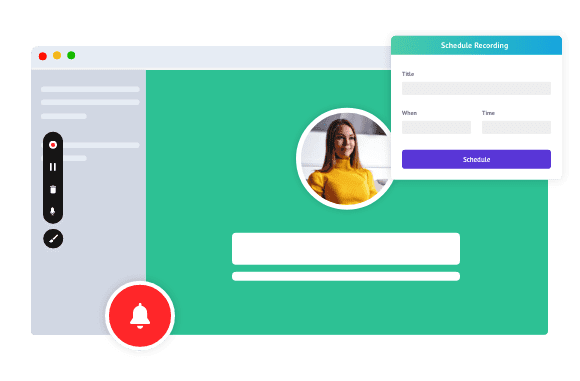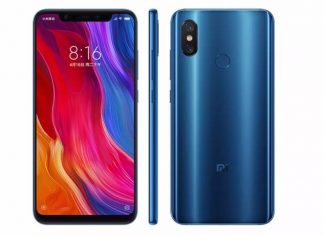A VPN (Virtual Private Network) encrypts your internet connection by channelling it via a remote server, making any connected device seem as if it is located in a completely different geographical area from where it truly lies.
Using a VPN thereby allows you to bypass geographical restrictions by using the IP address associated with the VPN server’s location, not your own. VPNs can also protect your online privacy and security using encrypted IP and other methods. So, one of the most important questions to ask is: what is my IP address, VPN or none?
What’s in a Name?
But before going any further, what exactly is an IP address? The answer is simple – it’s merely a numerical assignment much like a telephone number. Each website server and every internet-connected device has an IP address, but of course, it’s very difficult to remember long numbers instead of names. For example, the IP address of your friend’s blog might be 142.256.178.236 but it’s easier to remember billsblog.com! So when you type billsblog.com into your browser, the software immediately looks up the IP address associated with that domain name and returns the result you seek.
If you’re particularly bored, you can find the IP address of a website with the ping command. You just open the command prompt (or use Terminal on a Mac or Linux) and type: ping examplewebsite.com – the numerical address will immediately be revealed.
How Do I Find My VPN Address?
To find your own VPN address, you will need to connect to a VPN service, and then check your IP address to confirm that you are indeed connected to that VPN. To do this, follow these easy stages:
- When you search ‘what is my IP’ on Google Search, you’ll get the IP address of the computer or device from where you are typing.
- You can also check your IP address by visiting a website such as ‘ipchicken.com’ or ‘whatismyip.com’. These websites will also show you your current IP address, which should be different from your regular IP address if you are connected to a VPN.
- The easiest process is therefore to disconnect from your VPN, find your own IP address as above, then connect to the VPN and repeat the process. If the numerical addresses that are revealed are different, you’re definitely connected to the VPN.
Does a VPN Always Have the Same IP Address?
Yes and No. Some VPN providers use shared IP addresses, in which case, multiple users might all be accessing the internet from a server at the same IP address. This makes it more difficult for the authorities, hackers and indeed your Internet Service Provider (ISP) to track individual people, but also makes it more difficult to know which IP address is assigned to you.
With good VPN providers, they may have multiple servers across the globe, and you can simply nominate one to use from a drop-down menu. This makes it easy to circumvent the geo-restricted content on streaming services like Netflix and Disney Plus. Let’s imagine you’re on vacation in Paris, France, but you want to see your favourite show on Hulu, just use your VPN’s US-based server and Hulu will be fooled into you being located in Paris, Texas! Using a VPN’s IP address also means that you can’t have your data throttled by your ISP when you are gaming online, because your ISP effectively doesn’t know who you are.
The VPN’s IP address depends on the VPN provider and the service they offer. Some may use static IP addresses, which means that each time you connect to the VPN, the IP address assigned to your device will always be the same, whether that’s a mobile phone, tablet or desktop computer.
However, dynamic IP addresses will differ each time you log on to the VPN. This makes it harder for you to be tracked, but it can be difficult if you need to access content that requires a specific IP address. Before signing up with a VPN provider, just find out what type of IP addresses they use; dynamic, shared or static.
Can You Still be Tracked with a VPN?
A VPN can help you hide your IP address, but your online activity still may not be totally anonymous. That’s because the VPN provider themselves can record your internet activities and may keep logs, which they can share with third parties; many VPN providers sell these anonymized logs to advertisers for geographical analysis of customer demographics within specific cities or even individual ZIP codes. If a law enforcement agency asks to see the VPN’s logs as part of a criminal investigation, perhaps about your financial records, the provider is legally obliged to share the information.
Therefore, to gain optimal security and privacy when using a VPN, it’s essential to choose a provider offering a ‘no-logs policy’. Also, try to choose a VPN that uses industry-standard encryption. And just because you use a VPN, doesn’t mean that you should neglect to stay behind a device’s firewall, and you should keep any antivirus software up to date.
Yes, a VPN will help you stay safe online, but knowing how they work, and regularly checking your own IP address, will help you to choose a reputable provider for maximum peace of mind online.




![Top 6 Facebook Hackers with No Survey [100% Work] Top 6 Facebook Hackers with No Survey](https://www.techinpost.com/wp-content/uploads/Top-6-Facebook-Hackers-with-No-Survey.jpg)






